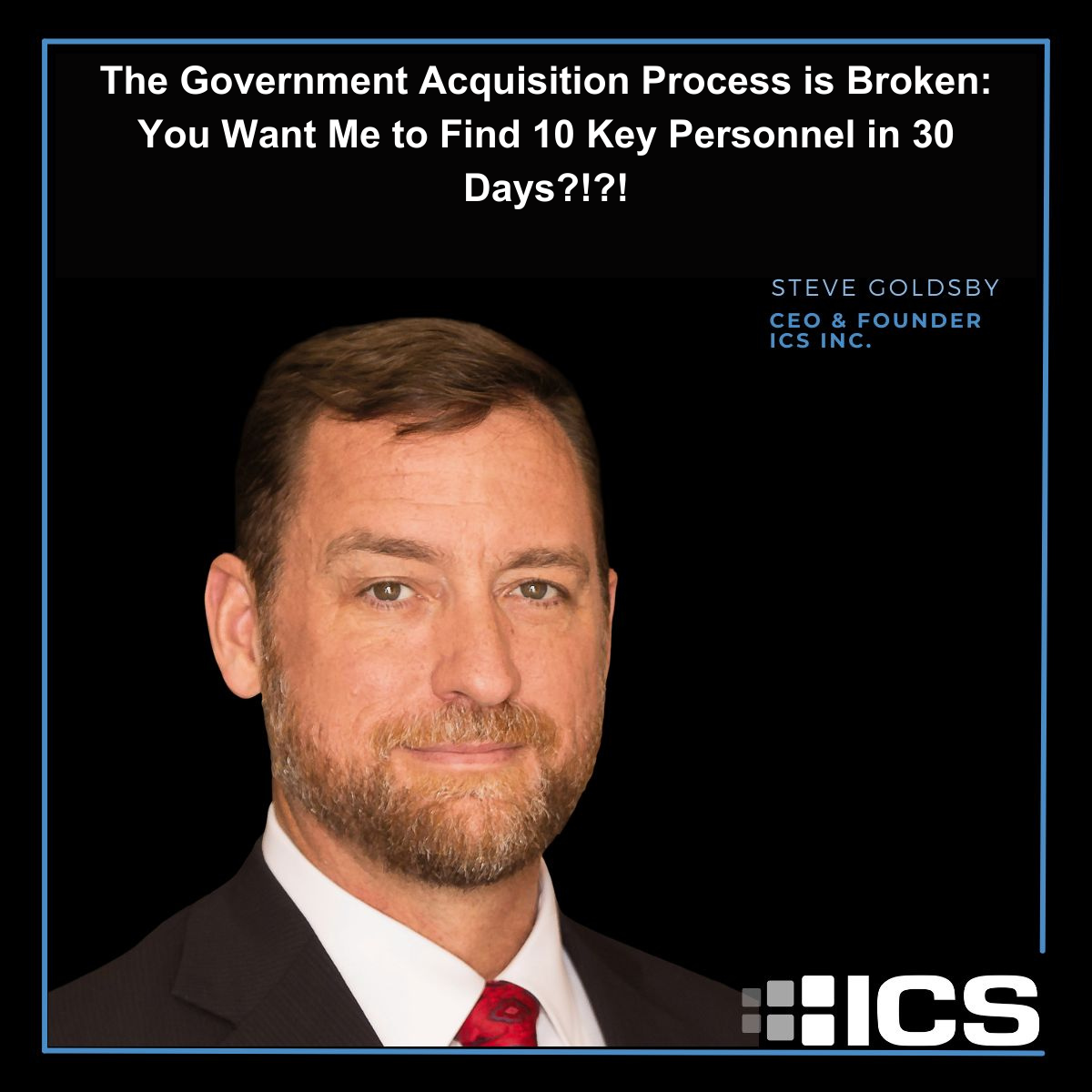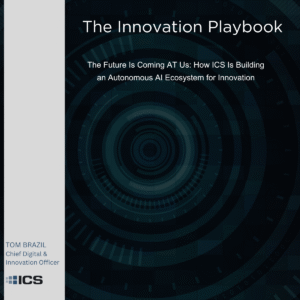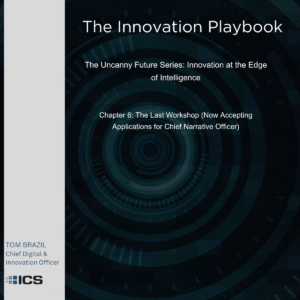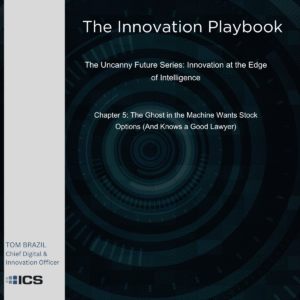Identifying and recruiting key personnel takes time
** This post is part of our series on how we can improve government/industry engagement to deliver better mission outcomes. In case you missed it, see our initial post!
Identifying and recruiting key personnel takes considerable time and market awareness. Attempting compressed hiring yields less optimal teams and drives up labor costs through turnover. Adequate planning timelines allow contractors to form mission-ready teams with reasonable cost estimating.
Successfully identifying and recruiting key personnel with niche skills is a lengthy process, but critical for optimized contract teams. For highly specialized roles, government customers want proven experts with mission-aligned capabilities and leadership skills. However, scarcity in emerging tech talent and tight labor markets strain recruiting.
Vetting and hiring key positions like SMEs, Architects, or resources with niche mission understanding can reasonably take 6-9 months, even without the pressures of compressed acquisition timeframes. The few ideal candidates are likely employed elsewhere, necessitating long lead times for availability. They also undergo extensive interviewing and reference checks before making job decisions.
Predicting key labor costs also benefits from understanding market salary trends well in advance. Niche skill salaries continue rising rapidly. Without sufficient planning insight, contractors struggle to budget for top-tier hires, sometimes having to absorb losses and putting delivery at risk.
Incumbents holding the existing contract have inherent advantages with personnel recruitment since current staff match requirements perfectly in most cases. Competitors have limited visibility into incumbent staff roles, skills, and availability. This lack of labor insight risks underbidding if competitors cannot reasonably forecast salaries amid market uncertainty and scarcity.
There are several benefits to the government from allowing adequate time for contractors to identify and recruit key personnel:
· Results in more experienced, capable teams: With sufficient planning time, contractors can undertake thorough searches to recruit true subject matter experts who deeply understand agency mission needs and technical environments. This leads to teams with stronger performance and mission alignment.
· Reduces turnover/churn of critical staff: Contractors can make considered hiring decisions rather than rushing if given time. This results in key staff that stay for the long-term contract duration rather than leaving shortly after award for better roles, disrupting work.
· Increases proposal accuracy: Adequate time allows contractors to develop reasonable estimates for niche skill salaries rather than underestimating amid market uncertainty. This yields proposals better reflecting true contract costs.
· Enhances competition: The lack of incumbent advantage levels the playing field for more contractors to compete with optimized teams. Incumbents gain no unfair edge from existing staff availability unknown to competitors.
· Improves contractor-agency relationships: Contractors feel trusted partners rather than shut out of details. Positive perceptions lead to greater collaboration, delivering higher-quality solutions focused on the agency’s mission.
Adequate planning time for recruiting key staff leads to superior contract performance, accurate cost estimates, increased competition, and stronger working relationships – all substantial benefits to the government.







